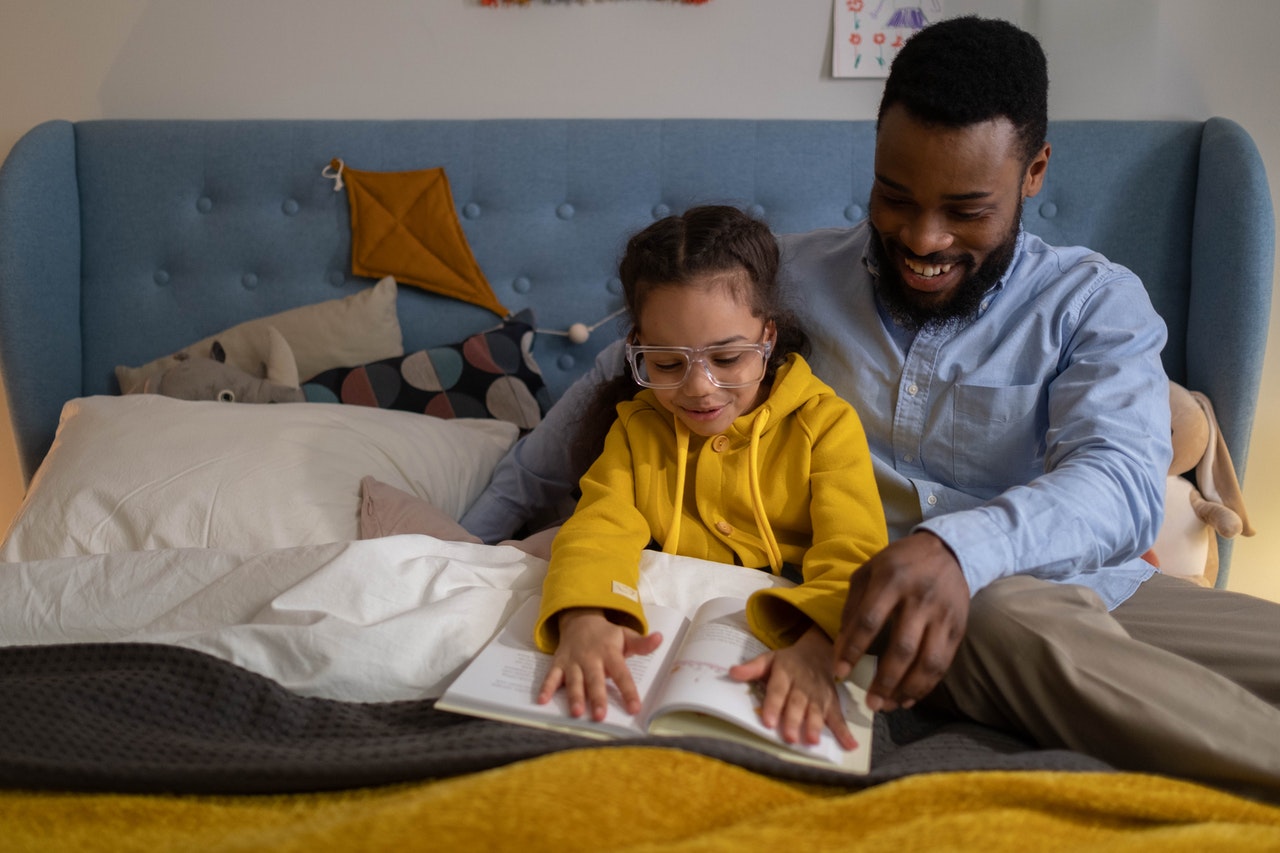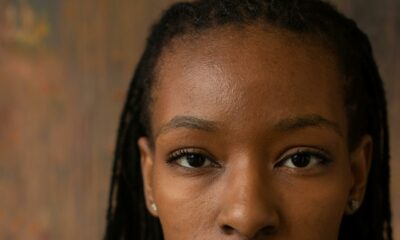Features
Osezusi Bolodeoku: Signs of Autism to Look Out for in Your Toddler

When it comes to conversations on autism in Nigeria, we have a culture of silence. Many parents with autistic children seldom talk about it due to the stigma associated with the condition.
The voices of special education needs experts regarding the topic also seem to be drowned by people’s desire to just “wish it away.” This may be because many people fear what they do not understand. The campaign for autism awareness is all well and good, but it is moot without autism acceptance.
A lack of acceptance is one of the key reasons why a lot of autistic children in Nigeria get a late diagnosis. When some parents notice that their kids are not hitting the regular milestones, you begin to hear statements like, “oh boys will be boys,” “my sister’s daughter too didn’t speak on time,” “they are just taking their time,” and so on. Early diagnosis is key for early intervention. This way, the child can undergo therapy early enough and thrive.
So, what exactly is autism? In a nutshell, it is a developmental disorder that is characterised by an impairment in the ability to communicate with others, an impairment in the ability to form social relationships, and repetitive behavioural patterns
The Diagnostic and Statistical Manual of Mental Disorders ((DSM-5), a manual by the American Psychiatric Association, provides a list of diagnostic criteria – areas to be mindful of when looking out for signs of autism. They are:
- Social interaction
- Communication and language
- Restrictive, repetitive, and stereotypic behaviour patterns
Here is an in-depth look at the aforementioned:
Social Interaction
- Inability to imitate familiar peers or adults.
- A lack of ability to follow familiar adults with their gaze or look at what is being pointed at.
- A lack of enjoyment of activities other children will enjoy. Example: birthday parties, play dates, and so on.
- Inability to show or point out objects of interest.
- Can be described as self-sufficient, i.e., ‘happiest when left alone.’
- Inability to look parent or care giver in the eye. (Poor eye-to-eye gaze or/and poor expression).
- Isolate themselves in group settings.
Communication and Language
- Delayed Receptive Language: Showing a lack of understanding of what is being said. For example, at 18 months, a child should recognise familiar individuals, objects and places within the home.
- Delayed Expressive Language: Not vocalising words, or verbalising by gestures.
- Difficulty with Pragmatic Language: Child’s inability to use language as required for different settings. E.g., at 4 years of age, a child should be able to follow the rules of a conversation, i.e., stay on topic, take turns with dialogue, and ask questions.
- An unusual intonation.
- Repetitive use of language.
- Impaired make-believe play.
- A regression or an absolute loss of speech.
- The child should be able to wave bye-bye at 1 year.
Restrictive, Repetitive, and Stereotypical Patterns
- An unusual adherence to routine and rituals.
- Repetitive motor mannerisms: E.g., body rocking, hand flapping, always seeking to touch others.
- Fascinated by numbers, letter sounds or any object of choice.
- Fixated on objects.
If your child meets some of these criteria, please do not wait. Early intervention makes a whole world of difference. You should also remember that no two children exhibit the exact same symptoms of autism. Keep this statement by Dr. Stephen Shore in mind: “If you have met one individual with autism, you have met one individual with autism.”
***





















